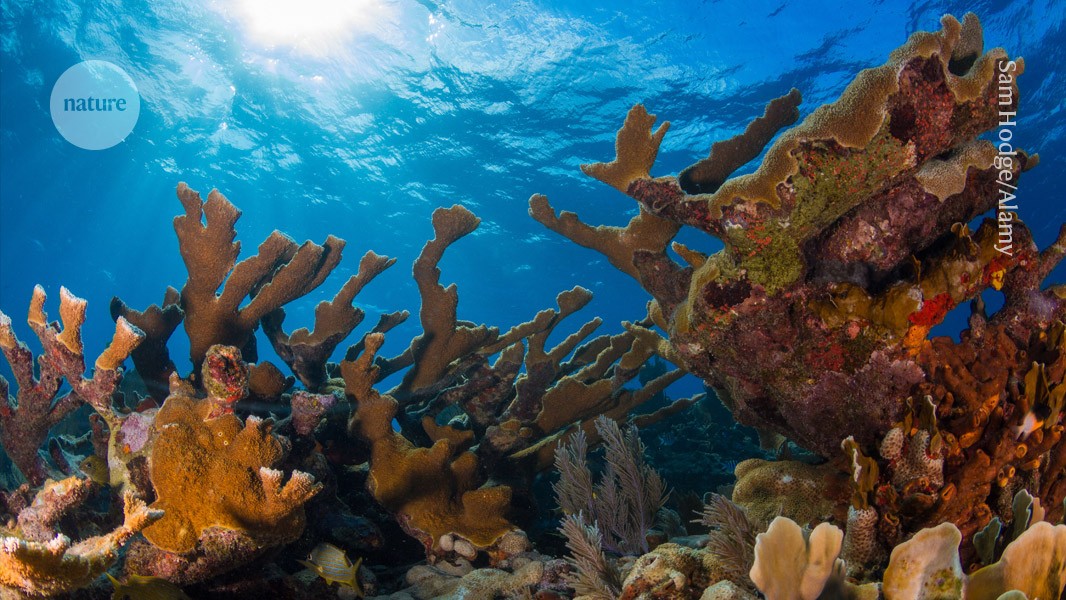
"Both the elkhorn coral ( Acropora Palmata) and staghorn coral ( Acropora cervicornis) survive in tanks and scattered locations across Florida's reefs, but a study published today in Science suggests that their long-standing role as the primary reef builders off the coast of Florida has come to an end: so few remain that they can no longer play a functional part in the ecosystem."
"Over the past few decades Florida's corals have been hit repeatedly by bleaching events, which occur when rising water temperatures cause corals to expel the symbiotic algae that provide them with nutrients and colour. But the 2023 heatwave, which coincided with record temperatures that drove bleaching across the globe, hit Florida earlier, faster and harder than anything scientists had seen before."
"Ocean temperatures registered above 31 °C for nearly 41 days - up to four degrees above normal in places. This created heat exposures on the reef that were 2-4 times higher than previous records. Although many corals survived the event, mortality among Acropora corals ranged from 98-100% across much of the reef, from Dry Tortugas National Park in the west through the Florida Keys to the east. In the area off the coast of Miami, and further north, more than 60% of the corals survived."
Elkhorn (Acropora Palmata) and staghorn (Acropora cervicornis) corals that built Florida's 560-kilometre reef for over 10,000 years are now functionally extinct off the state's southern coast. They persist only in tanks and scattered reef locations, far too few to fulfill their historical role as primary reef builders. The 2023 marine heatwave drove ocean temperatures above 31 °C for nearly 41 days, producing heat exposures two to four times higher than previous records. Mortality among Acropora exceeded 98–100% across much of the reef, with somewhat higher survival north of Miami. Decades of conservation gains were effectively undone.
Read at Nature
Unable to calculate read time
Collection
[
|
...
]